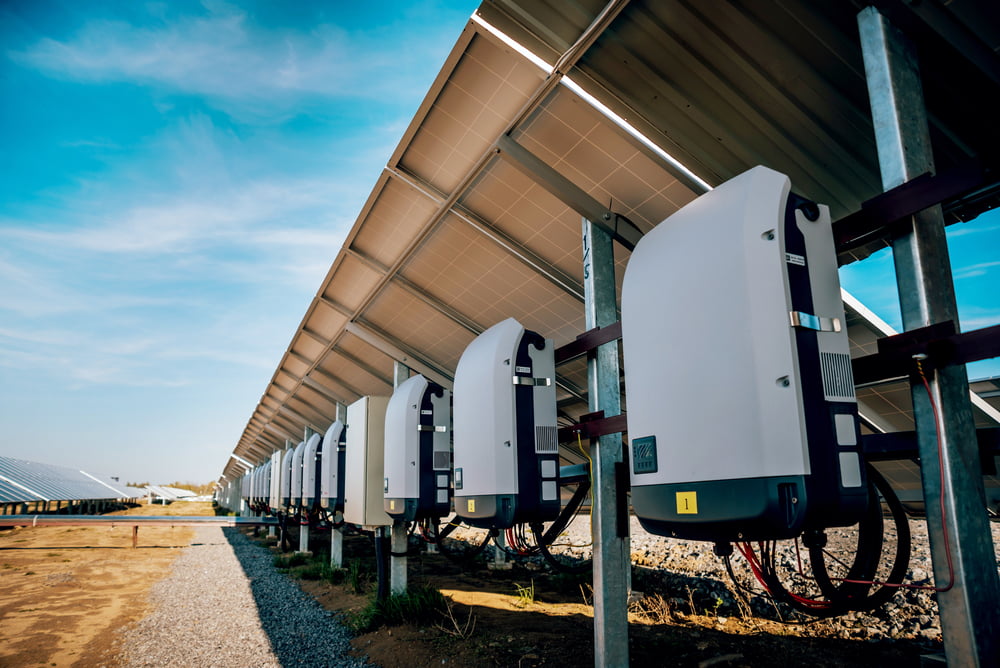
There are several important components that go into most solar panel setups that are used today, and many clients who utilize these products like to understand some of the simple basics on how they work. One great example here is the inverter - what exactly is this component, which different types are found in today's solar panels, and what should you be thinking about with regard to an inverter if you're having solar panels installed on your home or building?
At Intermountain Wind & Solar, we're here to offer a wide range of residential and commercial solar panel installation services to clients around SLC, Utah and Boise, Idaho. Here are some basics on what solar inverters do, their common types, and some important considerations within this area for any new solar client.
For those who are just learning about solar power, it's important to understand the basic functionality of the entire system when discussing the inverter. Your solar panels are built to absorb sunlight and transform it into DC power, or direct current. However, most standard homes today actually use AC power, or alternating current - this is where the inverter comes in.
The main purpose of an inverter is to convert the DC power produced by solar panels into usable AC power for your home or building. This allows you to use the energy generated by your solar panels for appliances and electrical systems throughout the property. Inverters also regulate the amount of power flowing from your solar panels to prevent damage or overloading.
In layman's terms, think of the inverter as the bridge between your solar panels and your home's electrical systems. It takes the energy from the panels and transforms it into a usable form, making solar power a viable option for powering homes and buildings.
There are three main types of inverters commonly found in residential and commercial solar panel setups:
When choosing an inverter for your solar panel setup, there are a few key factors to consider:
At Intermountain Wind & Solar, our team is well-versed in all types of solar inverters and can help you choose the best option for your specific needs and budget. We also offer regular maintenance services to keep your system running smoothly. Don't hesitate to contact us with any questions or to schedule a consultation for your residential or commercial solar panel installation project, whether you're in SLC, Utah or Boise, Idaho.





"All of the photos on this website are of real projects that Intermountain Wind & Solar has designed and installed.
We are proud to show off and stand behind our work."